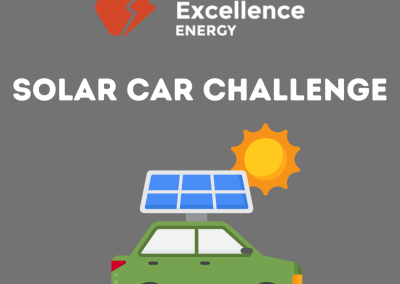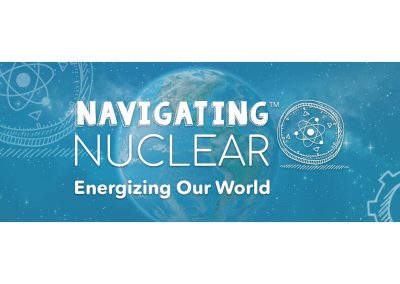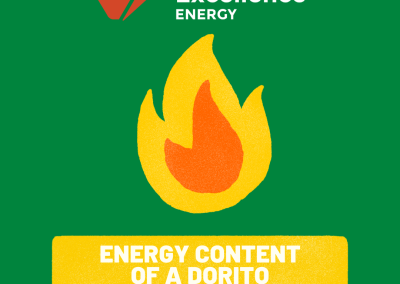Peak Oil Game
Overview
In this activity, students will simulate the extraction of oil from a well. Each group will compete to maximize production without causing environmental damage or wasting this precious resource.- Toolkit would be used here and connections to frameworks, where appropriate, embedded in the activity instructions.
NB Curricular Connections
Science 6
- Strand: Scientific Literacy – Big Idea: Investigation – Skill Descriptor: Plan investigations to answer questions about relationships between and among variables observed in natural and technical sensory systems
- Strand: Learning and Living Sustainability – Big Idea: Responsible and Sustainable Application – Skill Descriptor: Apply scientific and technological knowledge and an understanding of sustainable practices responsibly with respect to natural and technical sensory systems.
Science 7
- Strand: Scientific Literacy – Big Idea: Investigation – Skill Descriptor: Plan investigations to answer questions about relationships between and among variables observed in matter and Earth surface processes.
- Strand: Learning and Living Sustainability – Big Idea: Responsible and Sustainable Application – Skill Descriptor: Apply scientific and technological knowledge and an understanding of sustainable practices responsibly with respect to matter and earth.
Science 9
- Strand: Scientific Literacy – Big Idea: Investigation – Skill Descriptor: Plan investigations to answer questions about relationships between and among variables observed in the solar system, ecosystems, and molecules and organisms.
- Strand: Learning and Living Sustainability – Big Idea: Responsible and Sustainable Application – Skill Descriptor: Identify community-based challenges connected to at least two of Sustainable Development Goals 3, 13, 14, and 15, and apply iterative processes to design solutions.
Science 10
- Strand: Scientific Literacy – Big Idea: Investigation – Skill Descriptor: Examine questions about relationships between and among observable variables to plan investigations.
- Strand: Scientific Literacy – Big Idea: Sensemaking – Skill Descriptor: Analyze and interpret qualitative and quantitative data to construct explanations and conclusions.
- Strand: Learning and Living Sustainability – Big Idea: Responsible and Sustainable Application – Skill Descriptor: Investigate careers in science.
Introduction to Environmental Science 120
- Unit 1: An Overview of Environmental Science – NB Prescribed Outcomes: explore and communicate current understanding of local, regional and global environmental issues.
- Unit 3: Investigating Environmental Issues – NB Prescribed Outcomes: outline the range of energy resources, renewable and non-renewable; evaluate the advantages and disadvantages of renewable and nonrenewable energy sources from a variety of perspectives available in New Brunswick.
Global Competency
What you’ll need
- Jars of beans (“oil field”)
- Three containers (such as tubs or paper bags)
- Plastic spoons and other “extraction” devices
- Team notebook
- Peak oil game slideshow
Instructions
- Form teams of 3-5 students.
- One person will be the driller, and one person will be the processor.
- You will receive a set of jars that represent your oil field, one spoon, and three containers. One container is for processing oil, one is for refined oil, and the third is for accumulated oil. There is also a communal waste container for the class to use.
- Each jar contains a mixture of black beans (oil), pinto beans (dirt and other contaminates), and rocks (obstacles).
- You may mine the oil from any jar in any order. However, you may not move or pick up the jars, lean them over, use your fingers to extract beans, or pull out the rocks. You may only use your spoons to scoop beans out of the jars. The jars must not move.
- Your teacher will set the timer for 30-60 seconds (one “year”) and tell you to begin.
- During each timed period, your goal is to get as much clean oil into the team’s refined oil container as possible. You will be penalized for contaminated oil and for oil and waste spilled outside of the containers.
- One container will be used as the processing plant in which you separate the beans before placing them into the refined oil container.
- The processing and drilling must take place at the same time, and stop after the timer goes off. All activity stops immediately, and scoring occurs.
- For each pinto bean (dirt) in the refined oil container, two black beans are removed from the refined oil container. Also remove the pinto beans.
- For any bean spilled outside the containers, two black beans are removed from the refined oil container.
- All spilled and unprocessed oil must be discarded into the communal waste container for the classroom.
- Measure each year’s production by weighing the beans that remain in the refined oil container after penalties. Record the production in the team’s notebook.
- Add the current year’s total to the team’s accumulated oil storage container. You will use this stored oil to purchase tools and employees for your team.
- You may purchase better tools and hire more staff in between rounds. Your teacher will tell you how much each item costs. Be careful! The price of tools and staff will likely change as the game continues.
Questions related to labour market opportunities in NB.
- How is this model similar to the real world?
- How is this model different from the real world?
- What jobs are required to extract and refine oil?
Attachment
PDF documents for activity are attached to the right.
Reflection Activity
*Coming soon
Activity downloaded from Oil & Natural Gas Materials · The NEED Project




